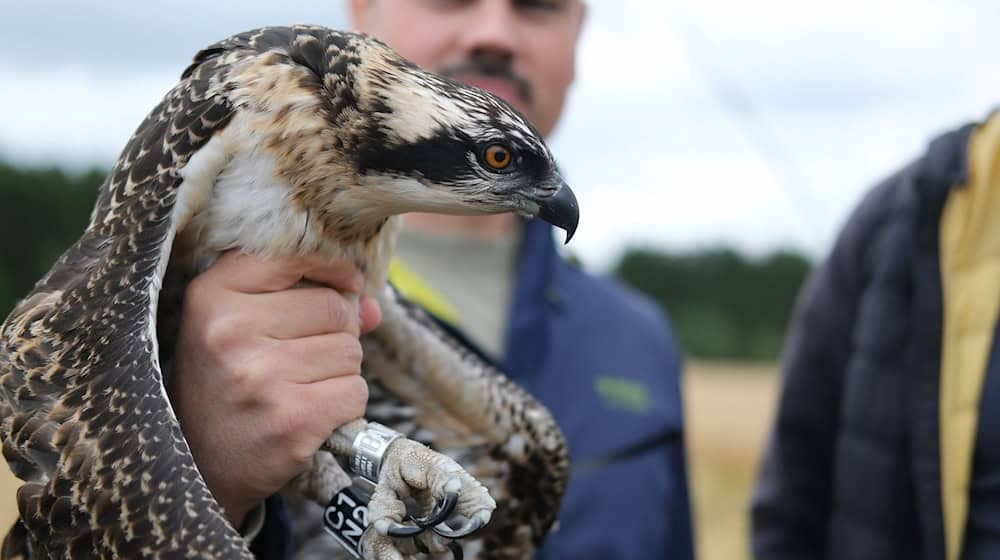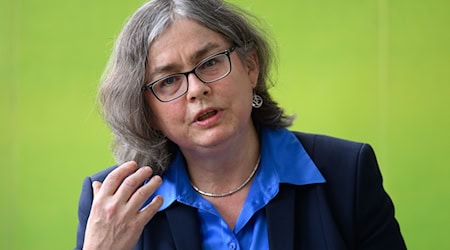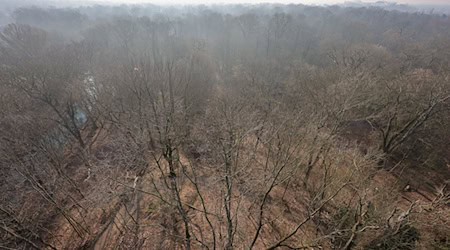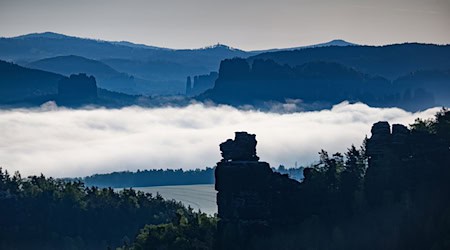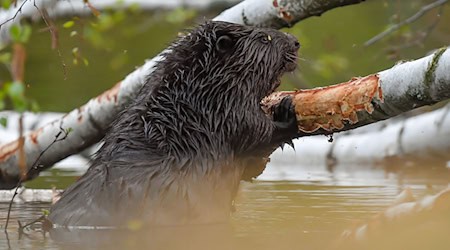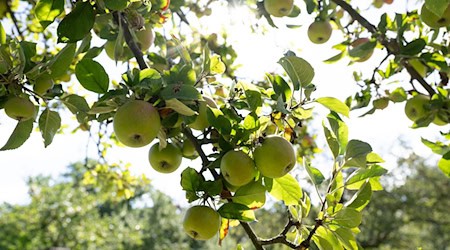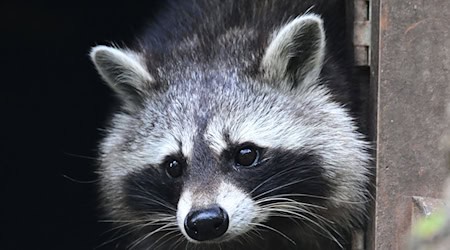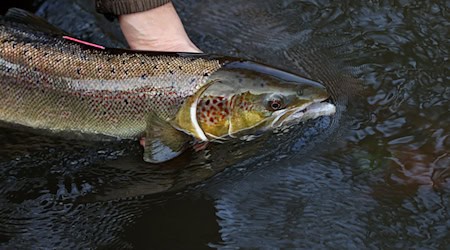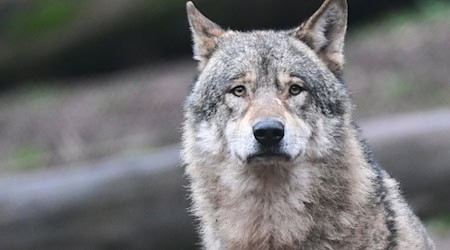According to Saxony's Environment Minister Wolfram Günther, species extinction and the loss of habitats have also reached a breathtaking pace in Saxony. "The situation is threatening. More than half of the habitat types and almost half of the species of European protected biotopes and species are now more endangered than 15 years ago. This needs an answer," the Green politician told the German Press Agency. This is provided by the Saxon biodiversity program. The aim is to reverse the trend by 2030. By 2050, all protected species should be in a favorable conservation status.
Günther: The trend reversal has begun
Protection in isolated, clearly defined areas alone is not enough to achieve improvements, Günther said. "That is why we have ensured that species protection must be anchored in all land uses." A turnaround has been initiated in the protection of biodiversity and significantly more money has been allocated to nature conservation - "more funds for structures, more funds for specialist content, more support for the many volunteers".
Günther listed other successes of Saxon politics over the past five years. "We have renaturalized rivers throughout the state, we have restored moors, we have gone one step further in forest conversion. We are promoting the preservation of our natural heritage, rivers, orchards, hedges and so on." Saxony has also launched two large-scale nature conservation projects in Dresden and the Ore Mountains. "We are working on another one, the Leipzig alluvial forest. And since this legislature, the Königsbrücker Heide has been Germany's first wilderness area."
Protecting species also pays off economically
The minister placed the efforts to protect species in a wider context. "We need biodiversity for quality of life and prosperity. The declining number of insects, for example, threatens agricultural yields. And intact, living floodplains serve flood protection and water availability. Species conservation also pays off economically. Species conservation and climate protection ensure prosperity."
The Green politician recalled numerous conservation programs, especially for endangered species such as the lynx, field hamster, black grouse, the meadow blue - a butterfly species - or the freshwater pearl mussel. "They have achieved their minimum goals of preventing extinction. But they still need several more years to restore self-sustaining populations." Decisions on new projects will be made as part of a national recovery plan for the corresponding EU regulation, which the member states must draw up by the end of 2026.
Intact peatlands are needed as CO2 reservoirs
"Species extinction and climate change are linked. And both threaten our prosperity, our health and our food supply. This can only be solved by combining species conservation and climate protection," said Günther. The restoration of moors is therefore very important. "Intact moors store a lot of CO2 and they are an incredibly diverse habitat."
In general, Günther sees a high level of acceptance for nature and species conservation in the Free State. "For the people of Saxony, their forests, their rivers and their nature are at the top of the list of things that are important to them." In the "Saxony Compass", a survey on the status quo and the wishes of the population, nature was recently rated as the most important asset by 80 percent of respondents, a record figure.
Minister: Nature conservation is not a sure-fire success
Günther: "This makes it all the more important to keep making it clear that our nature needs protection. This is not a sure-fire success." There are increasing calls to slow down the pace of climate protection or lower nature conservation standards. "I strongly warn against this. We can't afford to go backwards. Anyone calling for this is taking an axe to our standard of living."
Copyright 2024, dpa (www.dpa.de). All rights reserved

